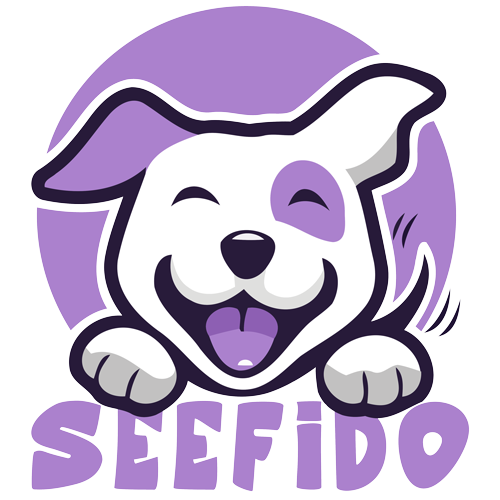news
Dog Personality Test, Quiz
Do you know your dog’s personality profile?
Of course I know my dog! Is your likely answer. And you’re right. There isn’t anyone who has spent so many lively experiences with them as you have. But sometimes those same experiences and familiarity stop you from having a clear view of your dog. Since the owner and the dog usually take on roles which they have been familiar with for a long time. But if you really want to start anew in your daily relation with your dog through new experiences, you’ll do well asking yourself: how is my dog in real life? So there aren’t any difficulties, it would be good for you to know how much you can demand and when you must be strict.
The dog’s different “personalities”
Dominant and sure of themselves type: In the pack there is always a leader. They are the first to challenge everything. Dominant dogs are harder to train than others and need constant and strict training. Make sure the dog doesn’t use free time during the games to prove their hierarchy. Rivalry games (tug-of-war, fighting over a ball) must be carried out carefully and in good measure: the dog must let go of what ever they are holding and respect the beginning and end of each game. Stop the game if the dog begins to growl threateningly or tries to bite, this must be allowed.
Shy and afraid Dog Type: Dogs that are afraid need experienced trainers. Commands in a harsh voice are not recommended, but it can also be a mistake to excessively pet the dog. Some are smart manipulators and play shy. They know what they want and usually get it easier than other overpowering dogs. Playing with them is the best way to help them be surer of themselves. The dog acquires a stronger character with ability games, retrieving and rivalry games. Start with simple exercises they can manage right away.
Dog Type that is Brave sometimes and coward other times: Most dogs react courageously or cautiously depending on the situation. You must have the same flexibility with the games and sports: helping them or simplifying the games when they feel insecure with assigned tasks and make the training more active if they feel bored with the game are uninterested.
Note on Dog Type: As “pack leader” you must decide when to begin the duration and the end of the game, no matter what kind of personality your dog may have, but you must also be aware of their mood and if they want to play. A set schedule for playing will save you from having the dog around you all the time with the ball or Frisbee, or start moaning and scratching the door trying to “convince” you to go out when they want to. The toys and sport equipment will be put away out of their sight as soon as the games are over so they aren’t tempted unnecessarily.

